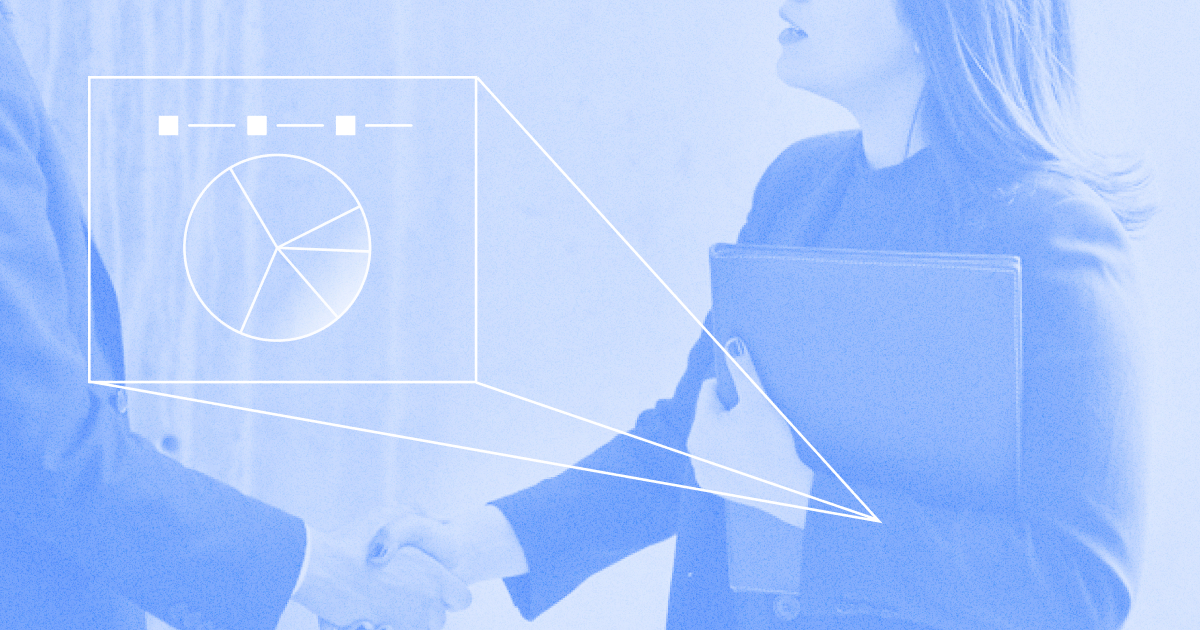3 Financial To-Do’s for New and Aspiring Business Owners
Ready to start your own business? Heck yeah. Here are the top three things you’ll want to do first (or early on), from a business-finances perspective.

Starting a business is hard work. But if you think it’s the right move for you, it can also be great. Once you’re ready to dive in — and have a plan for how you’ll pay yourself while you get things off the ground — it’s worth making sure you have all your boxes checked.
We’ve teamed up with the business-banking folks at BMO Harris Bank* to bring you the top three things you’ll want to do first (or early on), from a business-finances perspective.
1. Build a business plan
When it comes to making your company a financial success, your business plan is your best friend. So step one, if you haven’t done it yet, is to write one.
Think of a business plan like a map — it lists who you are as a company, who your customers are, what kind of need your company aims to address, what your goals are, and how you plan to hit them. Crucially, it should also include an outline of your overall operations and business model (aka how you plan to make money) and any financial projections (including how much you think you’ll make in the next few years). Sitting down to get really clear on this point will help you not only make day-to-day decisions, but also seek funding — from the bank, potential investors, etc.
Our friends at BMO Harris have a handy business plan template you can use to make sure you’ve hit all the important parts. Later, as you ~go out and do the thing~, you can come back to revisit your plan, use it to gauge your company’s performance, and adjust the plan if need be.
2. Separate your business finances from your personal ones
Running your own company doesn’t just mean making money — it also means spending it (buying supplies, paying employees, renting an office, etc). But even if your business is super-small (we see you, freelancers working from the dining room table), mingling your personal and business finances is bound to get messy fast.
The best practice is to open business banking accounts (both checking and savings) and do all your business-related money stuff from there. Your business checking account will be great for day-to-day cash flow (aka buying stuff), and your business savings is a great place to set aside money for taxes (v important; you’ll most likely need to pay estimated taxes quarterly) or save up for big business-related purchases in the future.
Keeping things separate will help you keep accurate records (also good for taxes), understand how much your company has coming in and going out at any given time — and make it less likely you’ll dip into business funds to pay for the occasional personal expense. (No judgment, but it’s not a habit you want to get into.)
3. Look for resources earmarked for business owners like you
Good news for women and other marginalized folks looking to start a business: There are more resources and networks of support out there than ever. A lot of them are at the national level. In fact, becoming a certified woman-owned business can open all kinds of doors.
But your local bank might also have resources for you. BMO Harris, for example, has a whole Women in Business program to help give women business owners better access to capital. They also have tools like a business start-up costs calculator, a cash flow forecasting template, and a business loan estimator, and can connect you with community orgs that provide education, coaching, and alternative sources of capital.
Support is out there
If you take one thing away from this article, we hope it’s that while starting a business may involve a lot of steps, you rarely have to do them alone. Can’t wait to see what you build.
About Ellevest
Founded in 2014, Ellevest is a women-founded, women-led financial services company dedicated to closing the gender wealth gap. Our mission is to get more money in the hands of women, their families, and the next generation through personalized, intentional wealth management, and financial planning.










